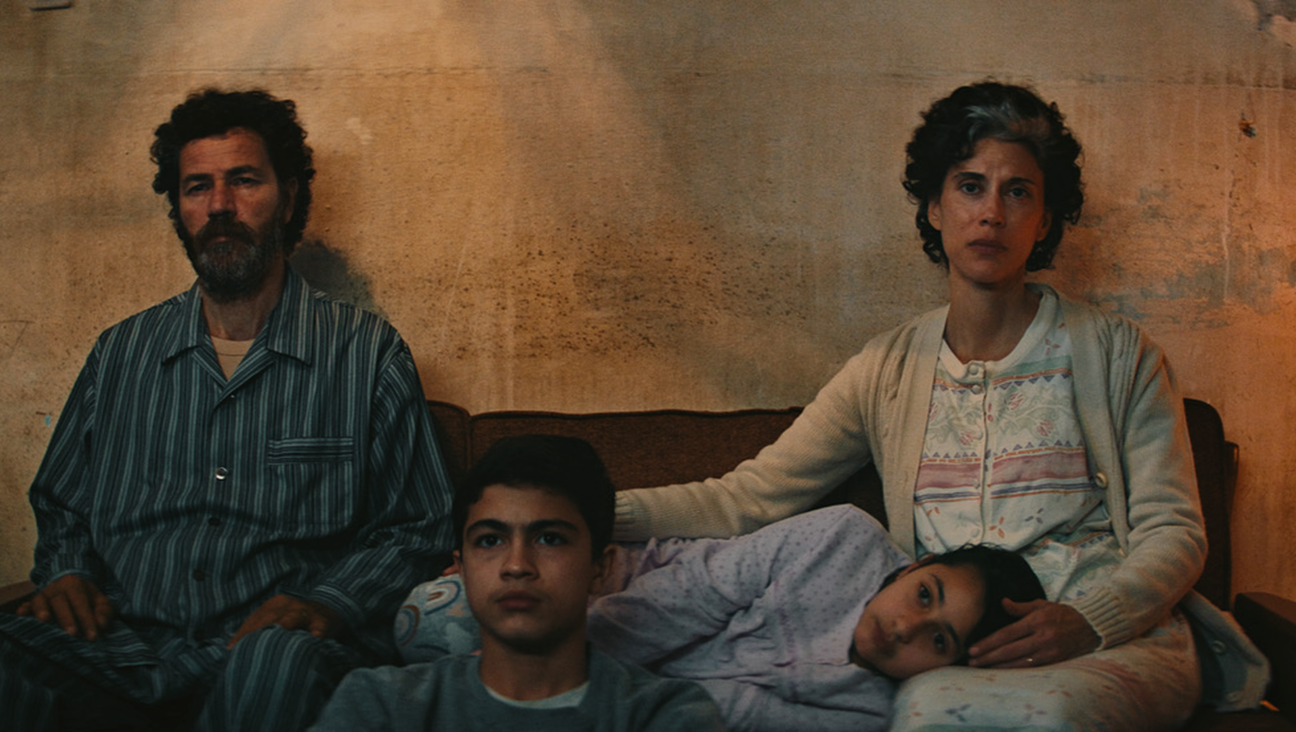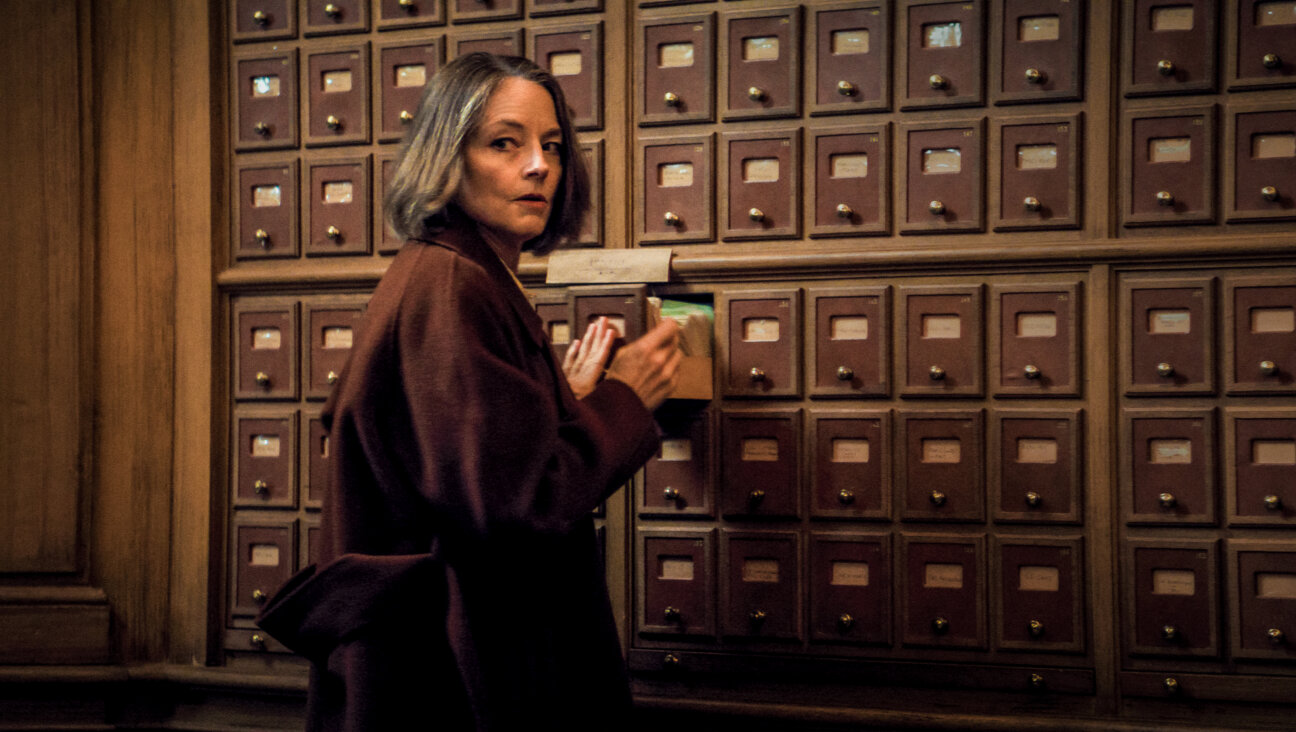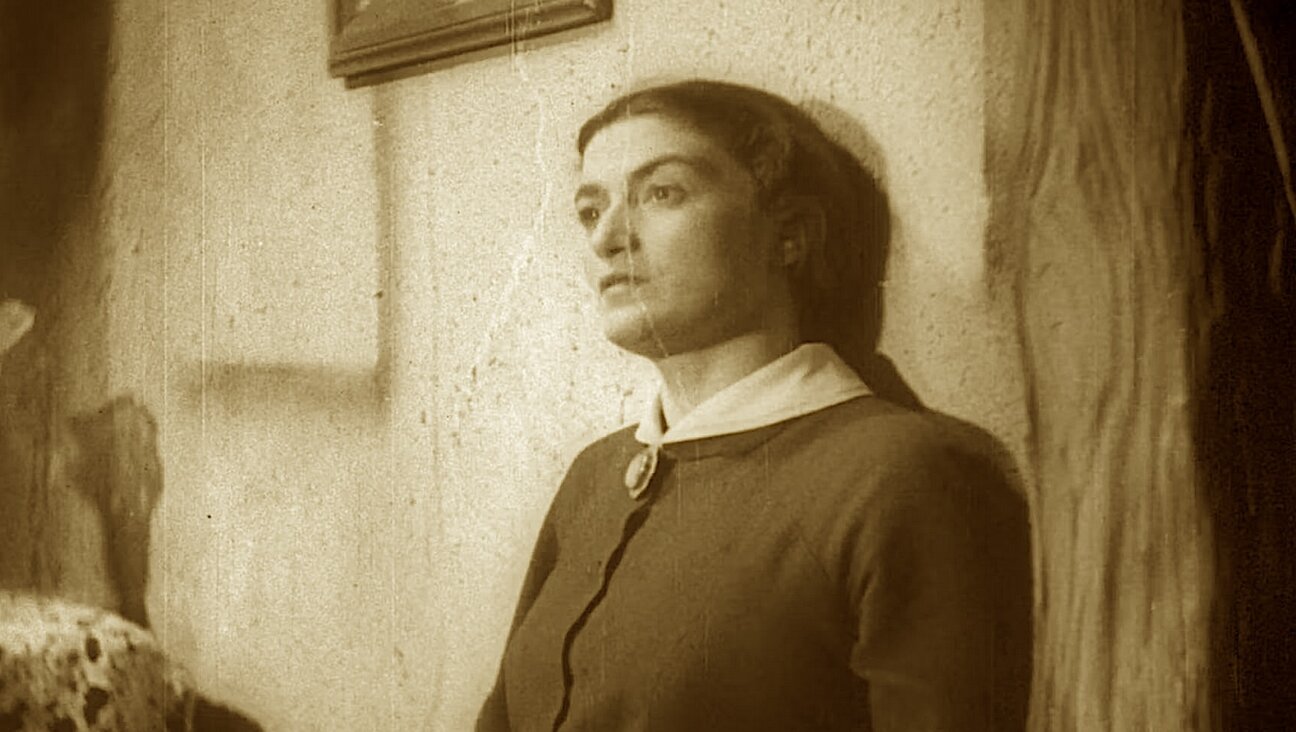Paretsky Unspools a New Mystery: Her Own
Writing In An Age Of Silence
By Sara Paretsky
Verso, 158 pages, $22.95.
Decades before she developed the literary alter ego for which she is best known — the female private investigator V.I. Warshawski — mystery writer Sara Paretsky was already experimenting with fictional personas, fictional masks.
As one of the few Jewish girls growing up in Lawrence, Kan., in the 1950s, Paretsky strove to tame the “frizzy mass” of hair that set her apart from her classmates and their “fine straight silk.” In the ‘60s, when follicular fashion called for a curtain of hair down to one’s knees, Paretsky “spent hours of misery putting chemical straighteners on my hair, only to have it flame out around my head like the burning bush.”
Conflagration serves as a leitmotif in Paretsky’s latest book, a collection of autobiographical essays titled “Writing in an Age of Silence.” In delineating her central theme — the movement from silence to speech — fire becomes shorthand for the forces of menace and oppression. The species of female self-sacrifice she finds idealized by Victorian writers like Louisa May Alcott, whose “Little Women” she says she read dozens of times as a girl, becomes not just self-abnegation but “self-immolation.” When she first pulls into Chicago, a city she would ultimately call home, her first impression is of “methane flares” and “the white-orange fire of pouring steel.” Her first glimpse, she writes, “looked like a prelude for the entry into hell.” Though she would later go to the city to study American history at the University of Chicago, her first visit, in 1966, was as a student volunteer. She managed a day camp in a white enclave and marched with Martin Luther King as he tried to desegregate a neighborhood nearby. She watched in horror as white mobs, while setting fire to cars and throwing Molotov cocktails, shouted, “Burn them like the Jews.”
Part memoir, part credo and part call to arms, the book’s five essays — which originated as speeches she began giving to library associations in the wake of the Patriot Act — fall somewhat short of a unified whole, but are, nonetheless, crisp, learned and often moving. Paretsky opens with her Kansas childhood, which she describes as isolated and deeply unhappy. Her father, a New York-born biochemist who took a position at the University of Kansas in 1951, was controlling and prone to sudden fits of rage. Her mother was a gifted women consumed by bitterness over roads not taken. And yet, in spite of the unhappiness in their home, Paretsky’s parents still labored for social justice in the broader world. Both were on the front lines in fighting segregation.
The book’s second and third chapters are devoted to Paretsky’s work in the civil rights and women’s movements. Here the book lags, often reading like a collection of old Op-Eds. In her fourth chapter, however, Paretsky hits her stride. A spirited critique of America’s fascination with “rugged individualism,” it opens with Roger Williams, the dissenter who broke away from the Massachusetts Bay Colony and founded what is today Rhode Island. For Paretsky, Williams is not a champion of freedom but an anti-social scold, among whose heirs she counts such latter-day “prophets” as the Branch Davidians of Waco, Texas. From Williams she moves on to Dashiell Hammett and Raymond Chandler, the fathers of the private eye genre. In Paretsky’s eyes, their detectives are essentially amoral men — with questionable attitudes toward women — whose vaunted self-sufficiency essentially masks an indifference to society. Paretsky’s V.I. Warshawski is thus a subversion of the genre on a number of counts. First, she is woman. Second, she is a member of society, not a figure on its periphery. The individualists in Paretsky’s mysteries are not the gumshoes but the corporate executives who have retreated to “a place where they try to use money and power as a shield between themselves and the rest of the world.”
Paretsky’s final note is ostensibly a critique of the Bush administration, but it is ultimately a paean to the power of the written word. The fires of iniquity still burn, but there is extinguisher in the form of unfettered speech. And “although my words are only water squeezed from a rock,” she writes, they must nevertheless be cherished and guarded.
Gabriel Sanders is the associate editor of the Forward.
















